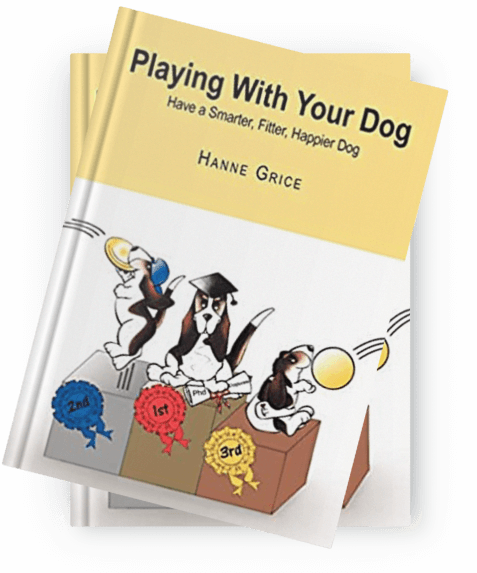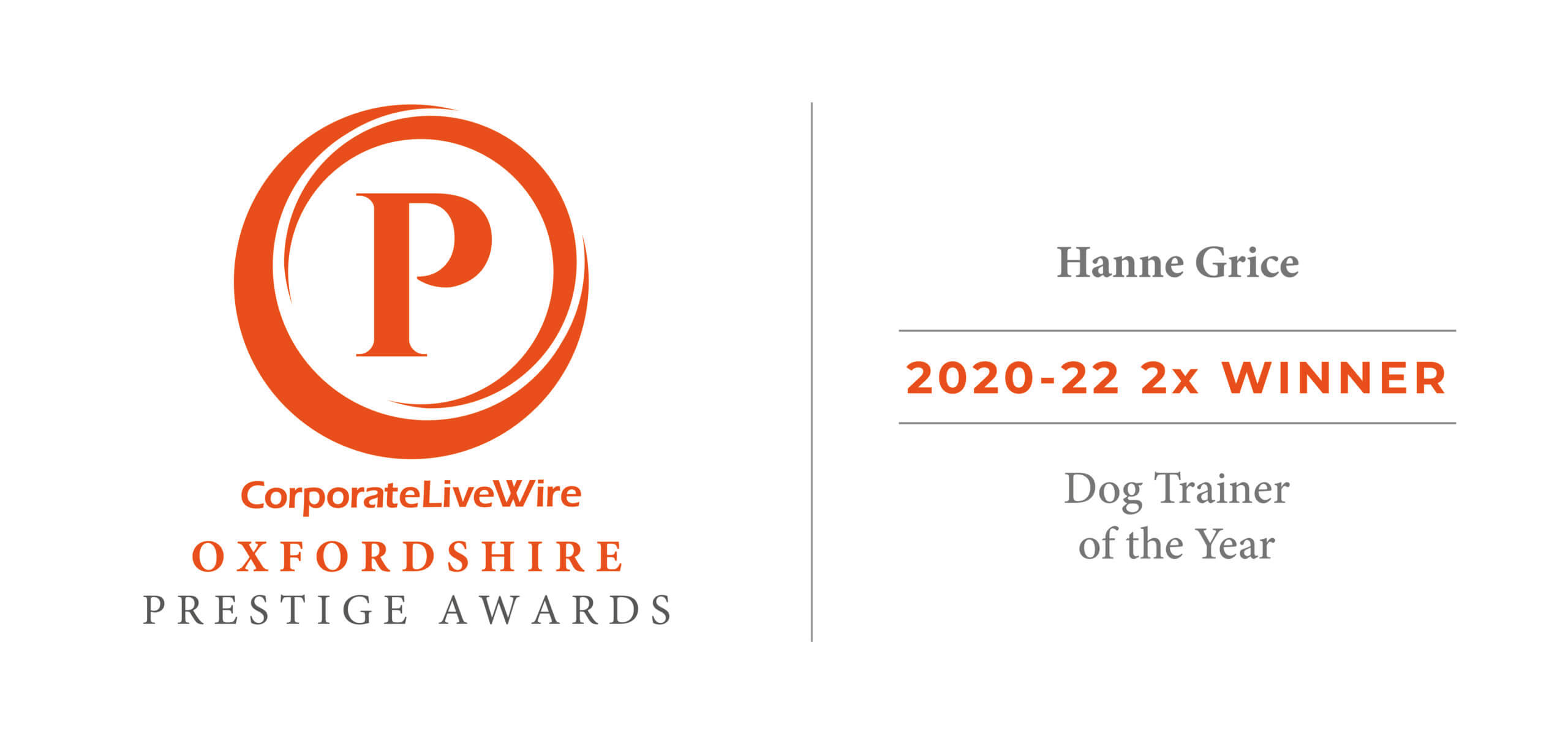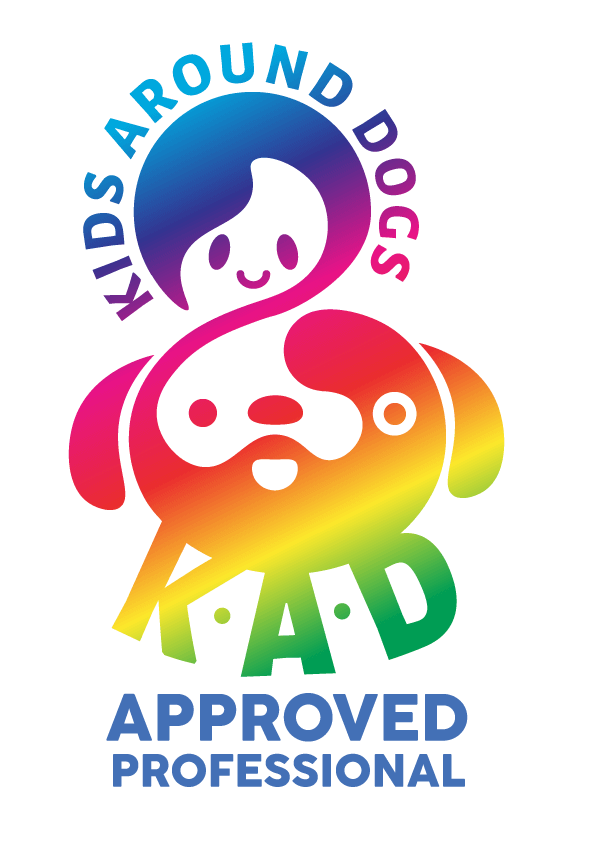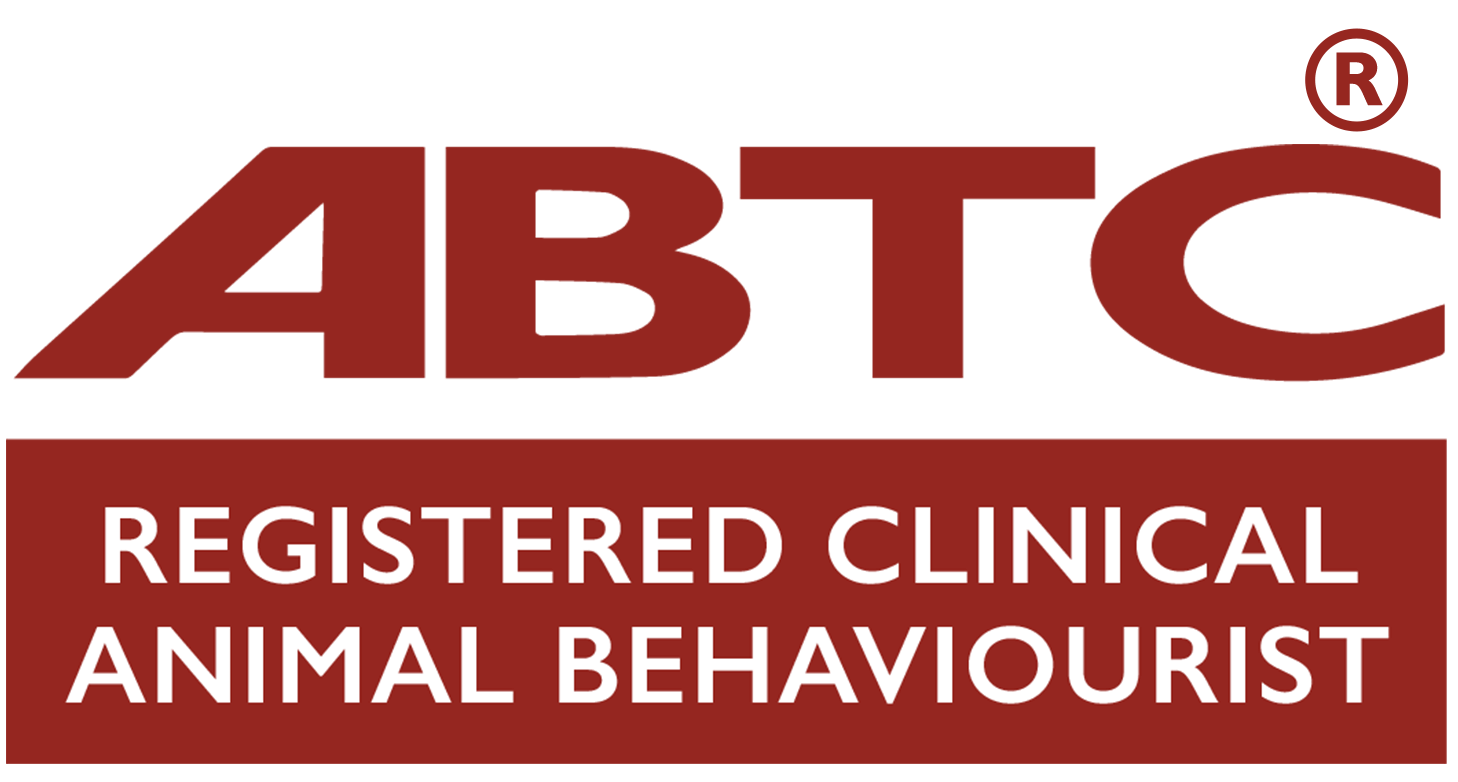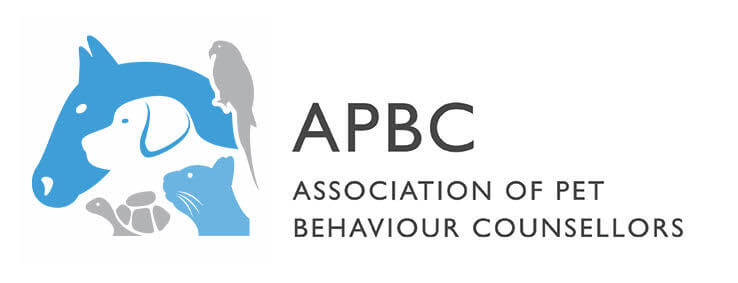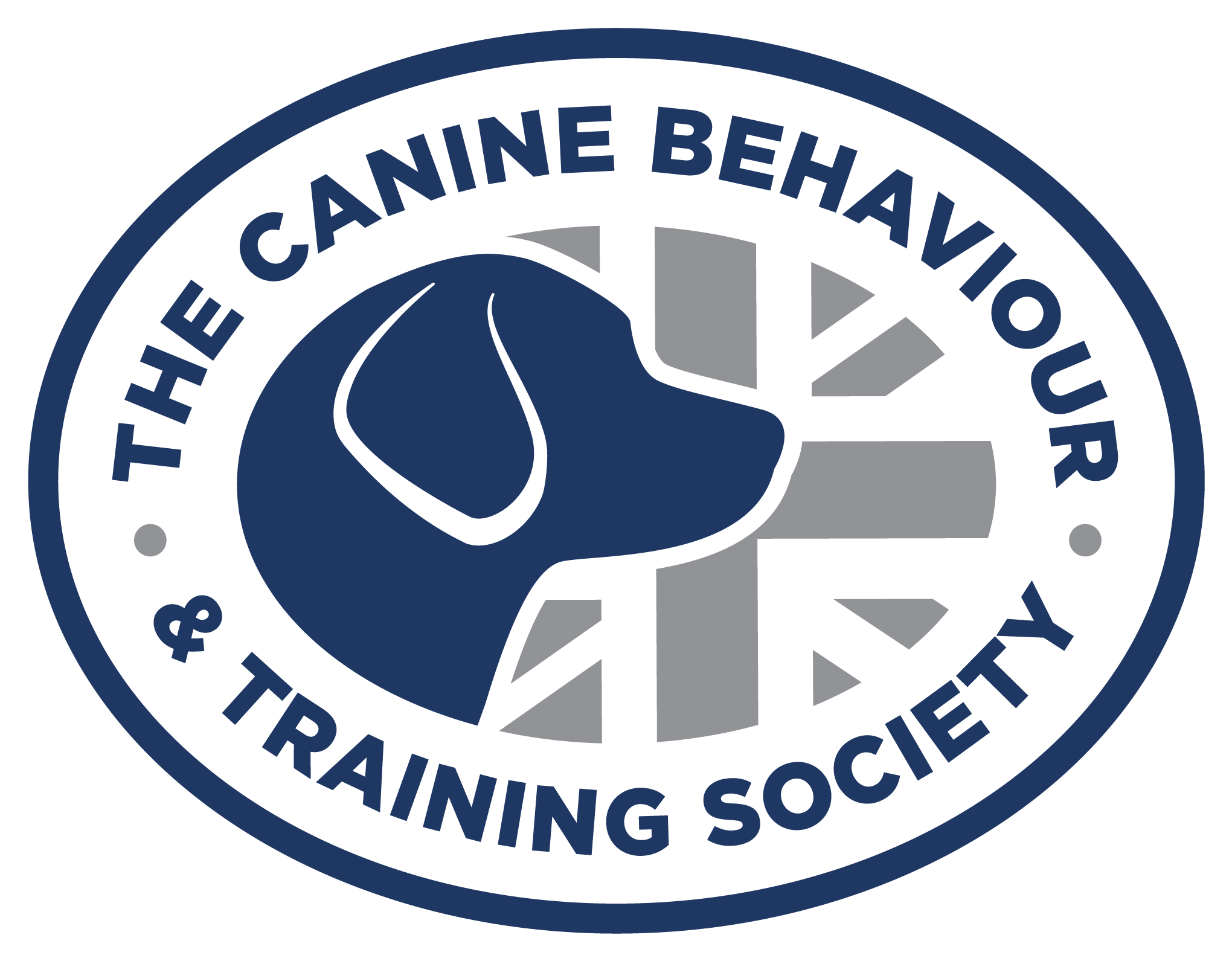A new study from Duke University’s Canine Cognition Centre suggests that memory may be more important than smell when dogs are trying to find a hidden treat.
The team used data from more than 500 dog owners around the world via their online website – Dognition, the brainchild of Dr Brian Hare. The scientists wanted to test whether their findings matched those provided by pet owners.
As part of this study, published in PLOS ONE, dog owners were tasked with a number of games to play with their dog – these were the same games conducted in the laboratory. One of the tests involved the dogs watching as their owners hid food under one of two cups.
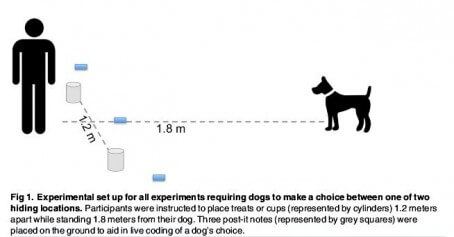 Then, when the dog’s vision was obscured, the owner moved the treat to the other cup. The hypothesis being that if dogs relied on their sense of smell alone, they should still have been able to find the treat. However, the data from this Citizen Science project found that most dogs went to the cup where they last saw the food, suggesting they relied more on memory than smell.
Then, when the dog’s vision was obscured, the owner moved the treat to the other cup. The hypothesis being that if dogs relied on their sense of smell alone, they should still have been able to find the treat. However, the data from this Citizen Science project found that most dogs went to the cup where they last saw the food, suggesting they relied more on memory than smell.
Evan MacLean, a senior research scientist at Duke, says: “This result has been replicated in seven different research groups and more than a dozen different studies. Most people think dogs use their sense of smell for everything, but actually dogs use a whole range of senses when solving problems.”
Analysis of the data also showed that each dog uses a unique set of cognitive skills – some are good communicators, while others have better memories and some are better at taking their owner’s perspective.
Dognition currently has over 17,000 dog owners registered on its site – including yours truly. That’s because it is a great way to find out more about your own dog’s mind. Working through a set of games with your dog, owners then submit the results. The site then generates a unique profile about your dog.
Because there are many factors that make up dog’s intelligence, the profile illustrates which factors are used predominately by your dog. For example, the profile shows how cunning your pooch is, what his memory is like, and even where he rates on the empathy level. Hence, this really is a useful tool when it comes to training your dog and understanding why certain tasks maybe more challenging than others. Where a profile shows Fido has a poor memory, for example, that can help the frustrated owner who may not understand why their dog just “isn’t getting it” when it comes to teaching a new behaviour or changing a behaviour.
Prof Hare said of the study: “Most people think of intelligence as a glass that is more or less full. But intelligence is more like ice cream. Everybody has different flavours. Being good at one thing doesn’t mean you will be good at everything else.”
Learn more about our classes
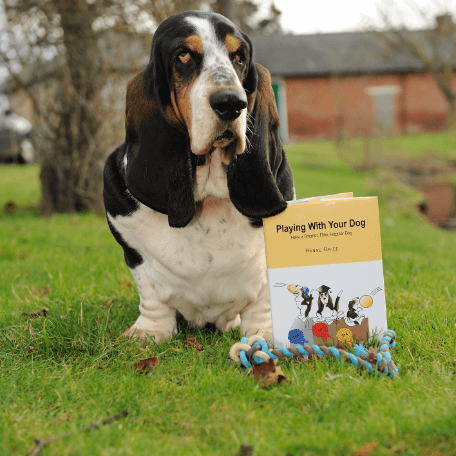
Get Hanne's Book
Playing With Your Dog will help any dog owner work out the games that are best suited for their pet to play throughout his life, from puppyhood to old age. The book also shares some tricks for all ages, group activities, and recommended toys that dogs will enjoy.
